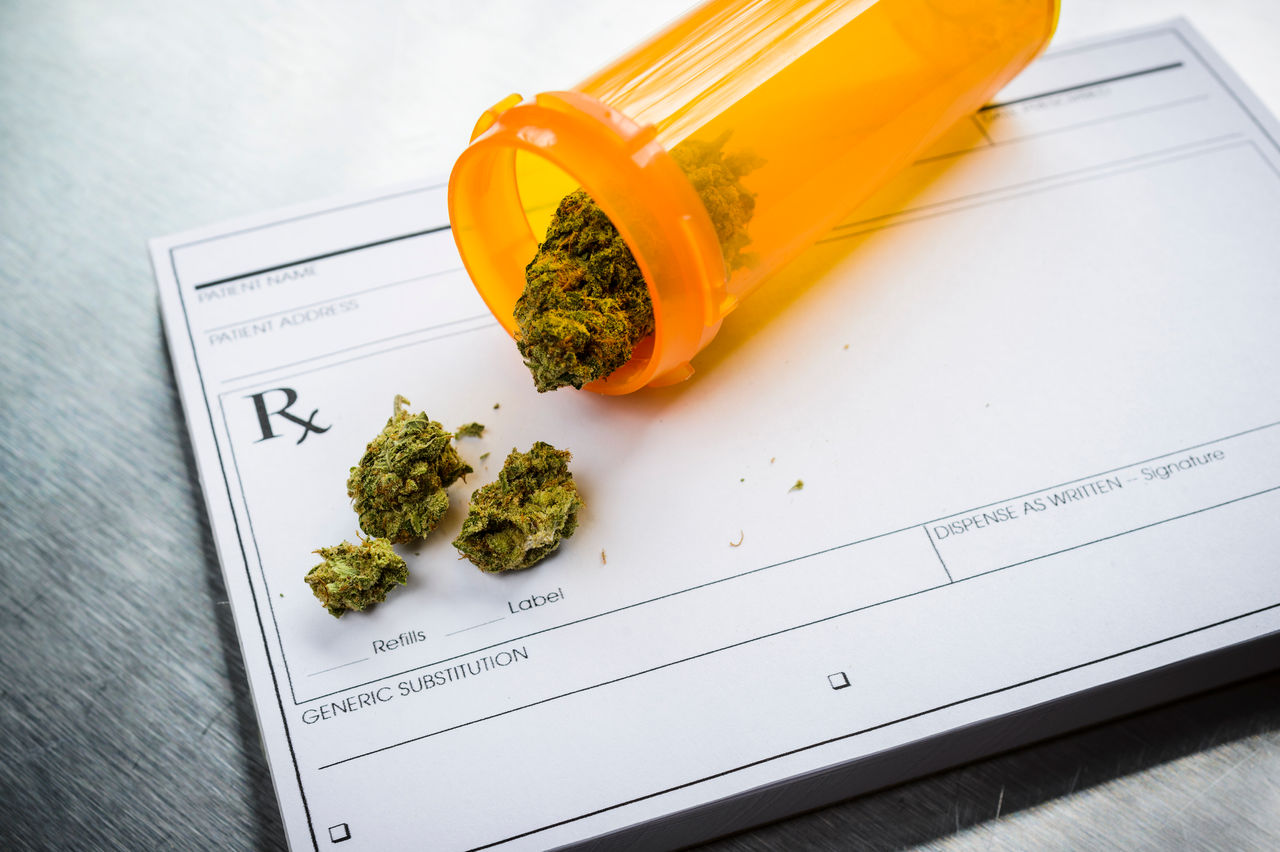Shedding Light on What Medical Marijuana Can Treat: a Comprehensive Evaluation of Its Restorative Qualities
In current years, there has actually been an expanding interest in the restorative potential of clinical cannabis. While unscientific evidence abounds, a detailed evaluation of the clinical information concerning the efficiency of clinical marijuana in treating these conditions is necessitated.
Persistent Pain Administration
Chronic pain monitoring continues to be a critical aspect of medical treatment, necessitating a detailed technique for efficient treatment. Over the last few years, clinical marijuana has emerged as a possible restorative option for people experiencing chronic pain conditions. The endocannabinoid system, which plays a crucial role hurting modulation, has been targeted by cannabis-based therapies to reduce symptoms and improve lifestyle for clients.
Additionally, clinical marijuana uses an appealing alternative for people who experience intolerable adverse effects from standard discomfort medicines. Its capability to resolve pain via a different system makes it a useful enhancement to the arsenal of treatments readily available for chronic pain monitoring.
Epilepsy Treatment Potential
Clinical marijuana has shown appealing potential in the treatment of epilepsy, using an unique restorative approach for handling seizures in people. Epilepsy is a neurological disorder defined by recurring seizures, impacting individuals of every ages. Traditional therapies for epilepsy include antiepileptic medications, yet these medications may not work for all people and can have considerable side results.
Research on the use of medical cannabis for epilepsy has actually disclosed encouraging outcomes. Cannabidiol (CBD), a non-psychoactive substance located in marijuana, has actually been especially highlighted for its anticonvulsant residential properties. Researches have actually revealed that CBD can decrease the frequency and intensity of seizures in individuals with treatment-resistant kinds of epilepsy, such as Dravet disorder and Lennox-Gastaut disorder.
Furthermore, the FDA has approved a CBD-based medication, Epidiolex, for the treatment of seizures connected with these extreme kinds of epilepsy. This landmark highlights the expanding recognition of clinical marijuana as a useful therapeutic choice for handling epilepsy and supplies expect clients who have not responded well to conventional therapies.
Nausea Relief Benefits
The reduction of nausea or vomiting through using cannabis has actually been progressively acknowledged for its healing benefits in various clinical conditions. Nausea and throwing up prevail signs experienced by clients undergoing radiation treatment, those with food poisonings, and people with chronic pain problems. Medical cannabis, with its active compounds such as THC and CBD, has actually shown promise in supplying remedy for queasiness.

Moreover, medical marijuana provides an all-natural choice for individuals who do not react well to traditional anti-nausea medications or that experience extreme side results from these medications. People undertaking chemotherapy, in certain, have actually reported substantial renovations in their high quality of life when using marijuana to handle nausea. As study in this location continues to grow, clinical marijuana is increasingly being considered as a beneficial option for queasiness alleviation in different medical settings.
Anxiousness Reduction Impacts
Researches have shown the potential of cannabis in lowering anxiety signs and symptoms through its interaction with the endocannabinoid system. The endocannabinoid system plays an important role in controling feelings, consisting of anxiety, by preserving homeostasis in the body. Cannabinoids in marijuana, such as THC and CBD, communicate with the endocannabinoid receptors in the mind, especially the CB1 and CB2 receptors, to regulate anxiety-related reactions.

Individuals with problems like generalised anxiety condition (GAD), social anxiety disorder, and post-traumatic anxiety condition (PTSD) might gain from the anxiolytic buildings of marijuana (Medical Marijuana Dispensary near me). Nonetheless, more research is needed to establish optimum dosages, shipment techniques, and long-lasting results on anxiety management.
Potential for Swelling Control
With its well-known anti-inflammatory homes, cannabis has shown assurance in possibly managing inflammation within the body. Inflammation is the body's natural action to injury or infection, yet when it comes to be persistent, it can add to different diseases such as joint inflammation, inflammatory digestive tract condition, and also heart illness. Research recommends that the cannabinoids discovered in cannabis, such as THC and CBD, can aid manage the immune reaction and reduce inflammation.
Studies have actually shown that marijuana can connect with the endocannabinoid system, which plays an important function in regulating swelling. By targeting the cannabinoid Recommended Site receptors, cannabis substances can modulate the immune response, causing a decrease in swelling levels. This makes cannabis a prospective candidate for managing inflammatory problems where standard therapies have failed.
In addition, cannabis-derived products like CBD oil have actually acquired appeal for their anti-inflammatory residential properties, with numerous people using them as an all-natural treatment for conditions connected with inflammation. While even more study is needed to fully understand the systems behind marijuana's anti-inflammatory effects, present findings reveal promising outcomes for the possible use of medical marijuana in regulating inflammation.
Final Thought
Finally, medical cannabis has revealed encouraging healing residential properties in taking care of chronic pain, dealing with epilepsy, soothing nausea, decreasing stress and anxiety, and controlling inflammation. Its prospective advantages in different medical conditions highlight the significance of additional research study and expedition into its medicinal use. The evidence suggests that medical cannabis might be a useful choice therapy alternative for individuals looking for remedy for an array of problems and symptoms.
In recent years, medical cannabis has actually arised as a possible healing alternative for people experiencing from chronic discomfort problems.Clinical cannabis has actually revealed appealing capacity in the treatment of epilepsy, providing a novel healing approach for managing seizures in people. As study in this location proceeds to expand, clinical cannabis is progressively being taken into consideration as a beneficial alternative for nausea or vomiting relief in various medical settings.
In conclusion, clinical marijuana has shown appealing restorative residential properties in handling chronic discomfort, dealing with epilepsy, relieving nausea or vomiting, minimizing stress and anxiety, and controlling swelling. The proof suggests that medical marijuana could be a valuable alternative therapy option for people looking for relief from a variety of problems and signs.